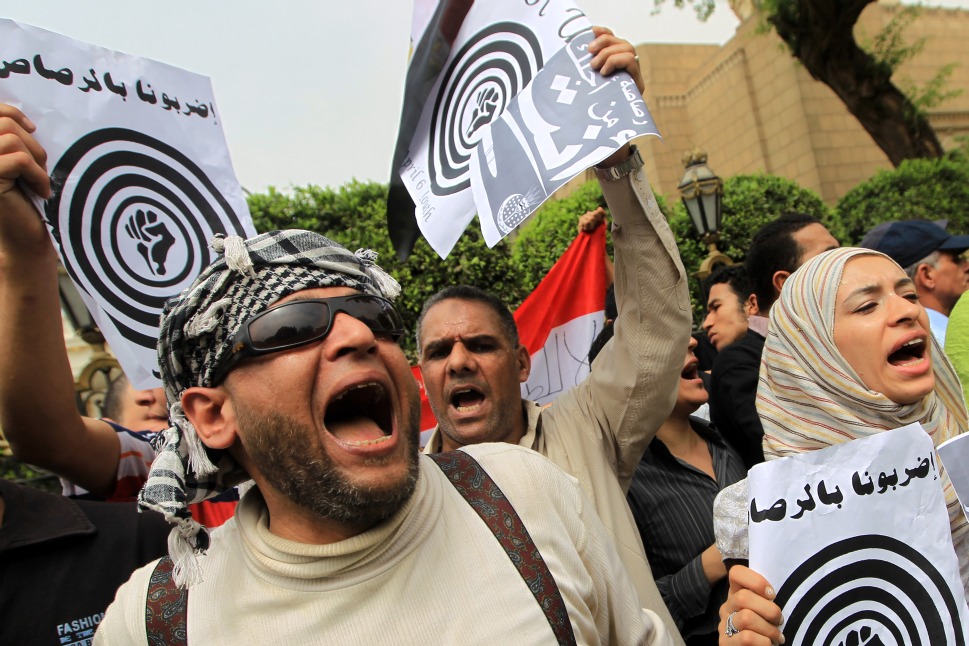Egypt’s Minister of International Cooperation Rania Al-Mashat has met with Christian Berger, the Ambassador of the European Union (EU) to Cairo, to look into the progress made through joint cooperation.
This joint cooperation comes as part of the strategic partnership between Egypt and the EU.
The two sides also discussed future areas of cooperation as part of the Egyptian Government’s 2021-2027 strategy, which also falls under the Egyptian Government’s national development agenda.
Last February, the European Commission (EC) inaugurated the EU’s Neighbourhood, Development, and International Cooperation Instrument (NDICI) for the 2021-2027 period.
The instrument aims to stimulate long-term social and economic recovery in the countries neighbouring Europe, through mobilising private and public investment in the next decade.
The new plan focuses on five key areas, namely: Human Development; Resilience and Prosperity to Support Resilient Sustainable Economies; Peace, Security, and Helping Countries Address their Challenges; Migration and Mobility to Address Challenges of Forced Displacement and Irregular Migration; and Environment, Energy, and Climate Change to Protect Natural Resources and Promote Green Growth.
Minister Al-Mashat noted that the objectives of the EU’s NDICI and the Ministry of International Cooperation’s strategy are in line with the Egyptian Government’s development priorities.
This relates to the transformation towards a green economy, renewable energy, sustainable infrastructure, digital transformation, gender equality, health care, social safety nets, and education.
The Minister suggested that the EU expands blended finance tools to boost private investments in Egypt, and to stimulate the implementation of sustainable projects. This particularly relates to the agriculture sector and the development of rural communities.
Minister Al-Mashat also discussed the development funds agreed upon with the EU during the past year. The health sector received a budget support that was directed to the implementation of the state’s home-grown response plan to the novel coronavirus (COVID-19) at a value of €89m.
The energy sector budget support programme as well received a financing worth €60m, and the water sector budget support program was funded with €160m. The minister stressed the need to maximise the use of these development agreements by coordinating with government entities and line ministries to enhance the country’s development strategy.
Ambassador Berger said that the bilateral cooperation between the EU and Egypt is important in supporting the state’s efforts to achieve sustainable development.
He applauded the Ministry of International Cooperation’s role in coordinating with government entities that are benefiting from the development agreements. This aims to accelerate the pace of implementing the development projects.
Egypt was part of the EU’s Single Support Framework 2017-2020 that has allocated up to €538m to support the development of several state sectors, including: energy, environment, social protection, governance, capacity building, and civil society. The current cooperation portfolio between Egypt and the EU amounts to €1.35bn in development financing.


